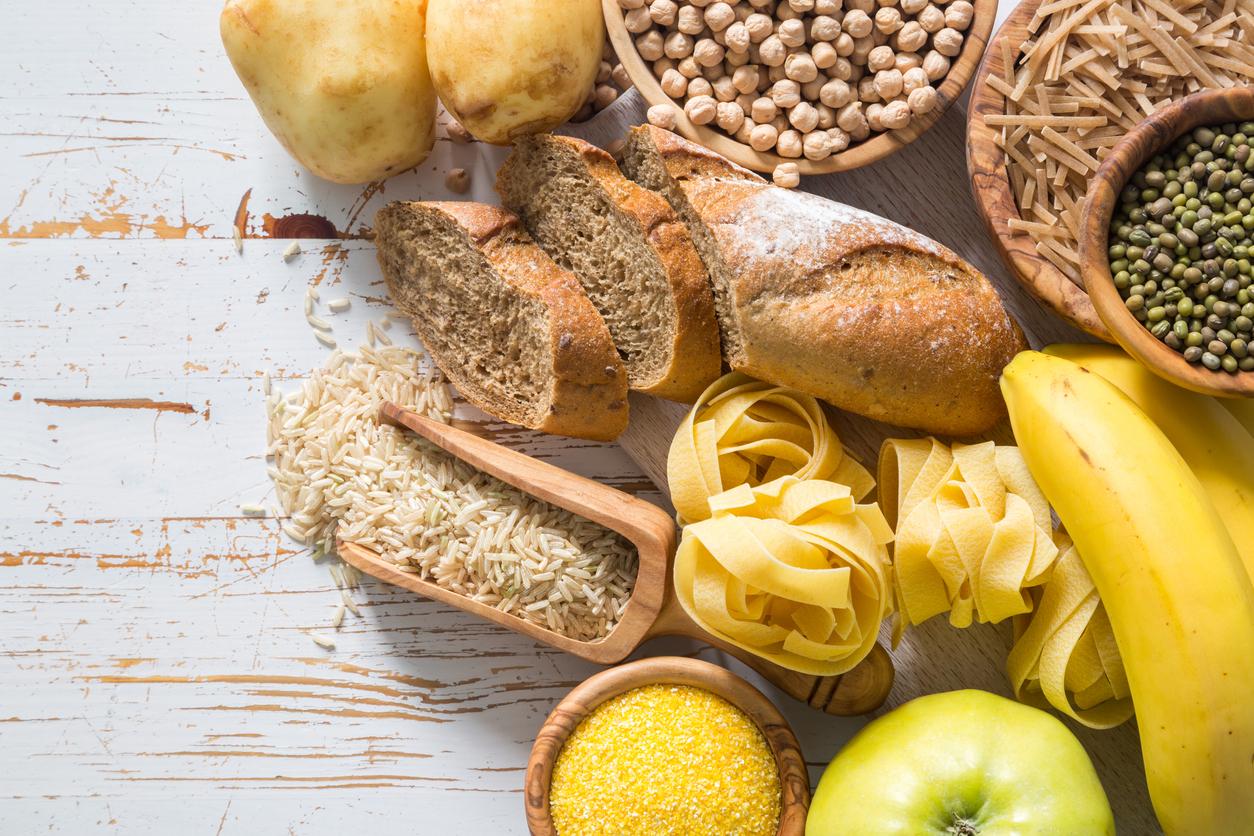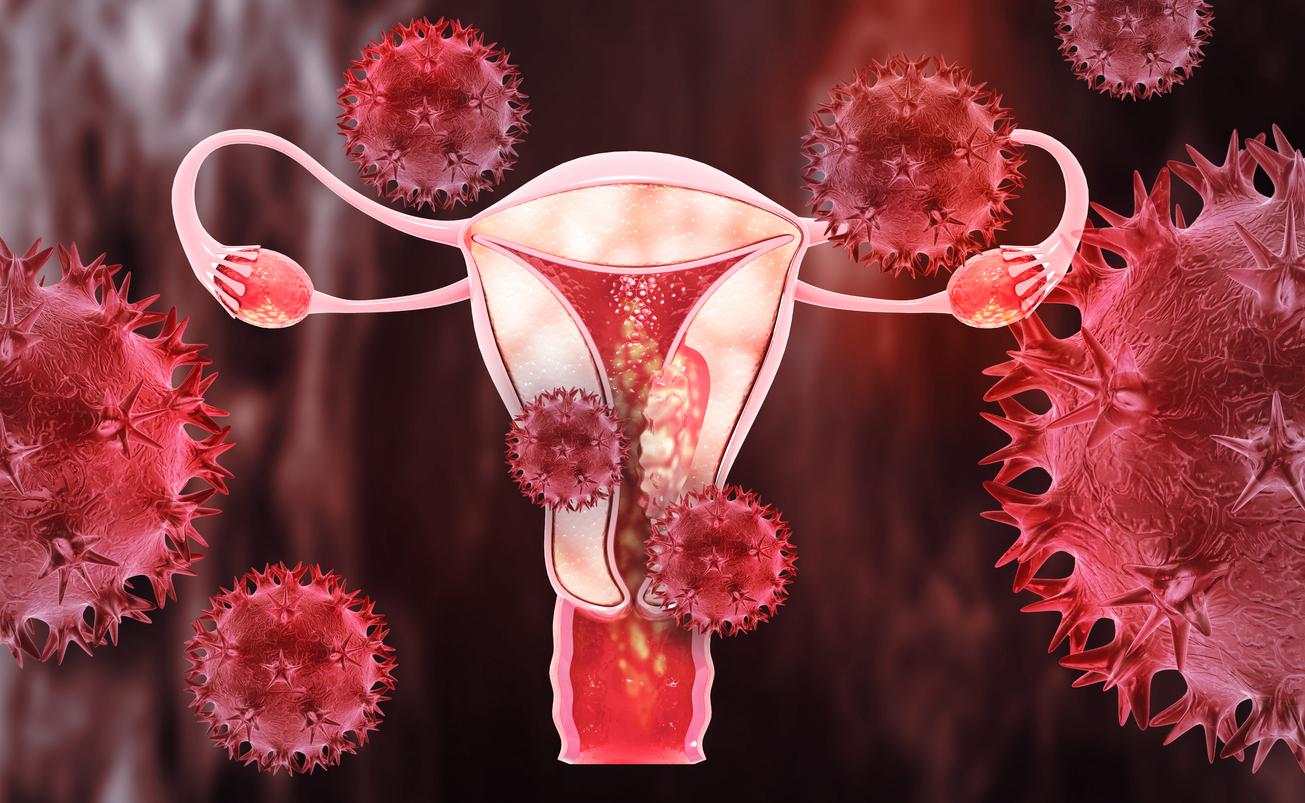Bloating, gas, stomach pains and other transit disorders can occur after eating too large a meal or eating hard-to-digest foods that slow down the digestive system. But it’s not just the content of our plates that influences the digestive system. Professor Bruno Bonaz, gastroenterologist and former director of the stress and neuro-digestive interactions team at the Grenoble Institute of Neurosciences, explains how chronic stress can generate digestive disorders.
What do we know about the connection between gut and brain?
These two organs communicate above all via the autonomic nervous system represented by the sympathetic and parasympathetic nervous system (in particular the vagus nerve). We talk about the gut-brain axis, which works both ways. The intestine sends information to the brain about its state (digestion, motricity, secretion, sensitivity, etc.) and, conversely, the brain can adapt the functioning of the intestine. The intestine also produces 95% of the serotonin, a neurotransmitter sometimes also called the “serenity hormone”, which regulates functions such as mood or behavior. If the gut-brain axis is disturbed by emotions, disorders arise.
What can cause this imbalance?
At the beginning, stress (psychological, immune, physical) generates digestive disorders and amplifies their severity by complex neurological and hormonal mechanisms. But the origin of the pain is not only in the head. For example, people who suffer from irritable bowel syndrome (SII) have intestinal motility disorders, hypersensitivity of the digestive tract, as well as micro-inflammation of the intestine which exacerbate digestive symptoms. This suffering then becomes an additional stress which can only reinforce the intestinal pain.
How does the organism react?
Either the emptying of the stomach is slowed down and can cause early satiety, nausea and vomiting. Either the motor activity of the colon is accelerated and its secretions increased, which promotes diarrhea. In addition, stress accentuates intestinal permeability and modifies the microbiota, in particular via a hormone called CRF (corticotropin-releasing factor), released in the brain and the digestive tract. This increase in intestinal permeability promotes the passage of compounds from the contents of the intestine which will activate the intestinal immune defense system. In response, this will trigger inflammation and pain. Moreover, we know that outbreaks of inflammatory bowel disease and IBS can be favored by stress. And as, in addition, stress lowers the pain tolerance thresholdwe understand why these disorders can be so painful.
What foods are bad for digestion?
The food consumed remains approx. 4 hours in the stomach before passing into the small intestine. Certain food combinations can cause digestion time to vary. For example, the digestion time of fruits is only 15 minutes: their fermentation in your stomach can cause digestive disorders. Combining animal protein with very sweet foods causes the same inconvenience.
To overcome the disturbance and digestive slowness, certain foods should be eaten in moderation: coffeeTHEfatty foodsI’alcohol For example. Also limit foods that promote heartburn, such as citrus where the soft drinks. Finally, if the dairy products can cause bloating, alternatives exist to counter any frustration. Cream, butter and cheeses with a bloomy rind such as camembert or brie take care of your intestinal flora, in particular thanks to the molds present on the surface.




























